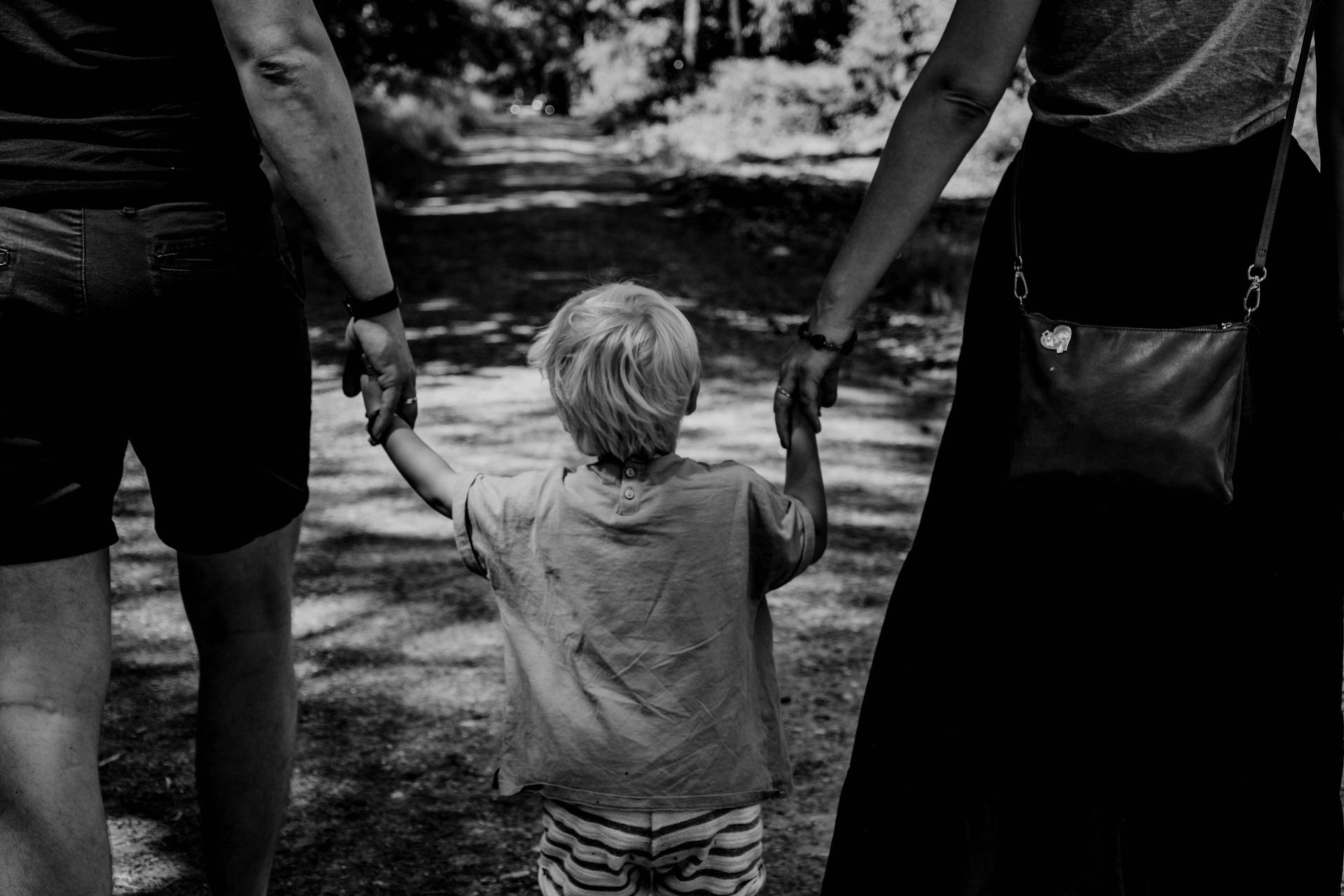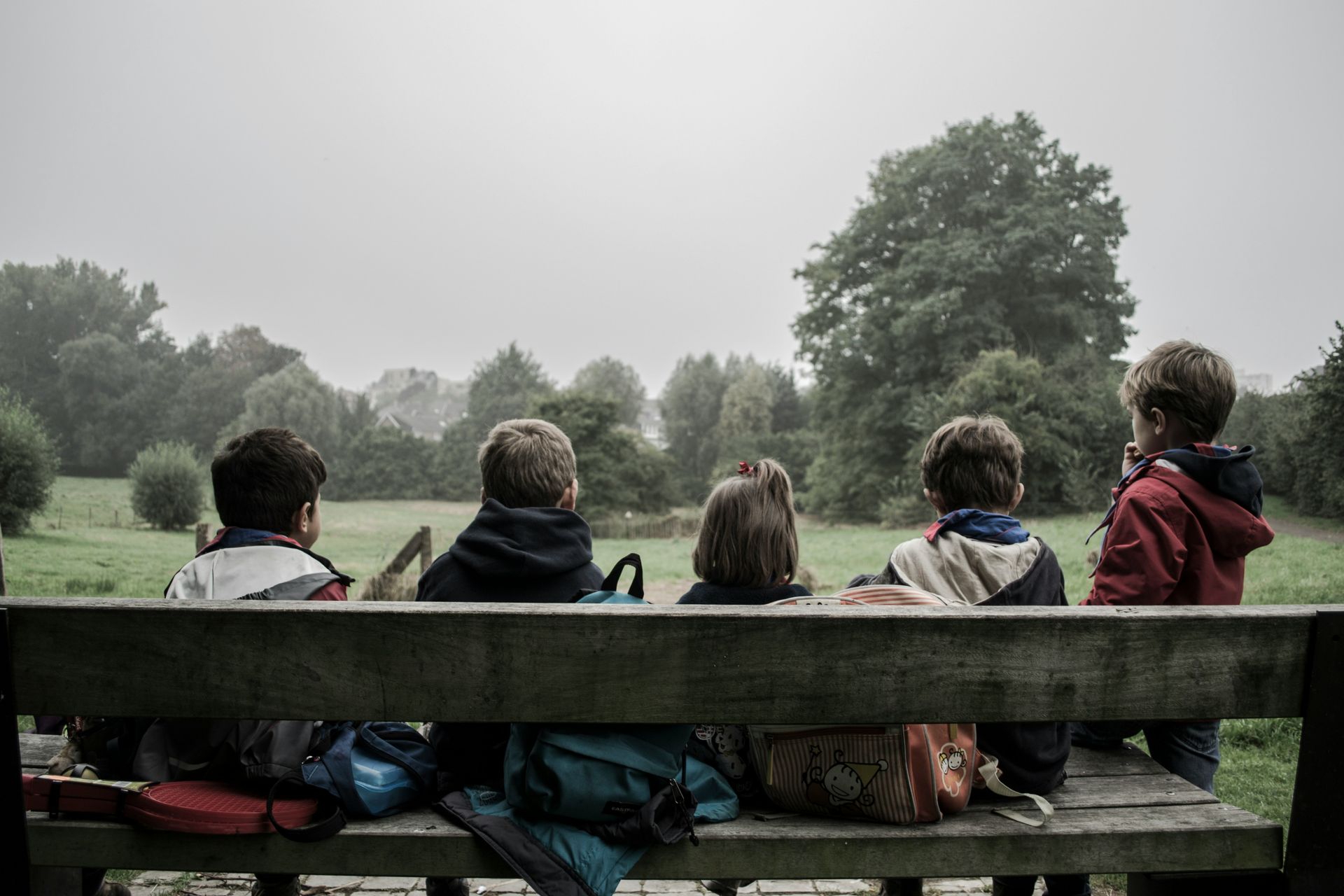Transform Your Parenting: Less Stress, More Connection Using Brain-Based Discipline
Discover How Charlotte Parents Can Use Science-Backed Strategies for Peaceful Discipline

Picture this: Your six-year-old is melting down in the grocery store. Your face burns as other shoppers stare. In this moment, you have a choice: react from frustration or respond with understanding. What if you could transform these challenging moments into opportunities for connection?
Traditional discipline methods often leave both parents and children feeling discouraged and disconnected. Parents struggle with guilt over harsh reactions while children's emotional needs go unmet. Dr. Dan Siegel, author of "The Whole-Brain Child," explains that conventional punishment can hinder a child's emotional development and strain the parent-child relationship.
The brain-based positive discipline offers a different approach. Understanding how your child's brain works, you can respond to misbehavior by building connections while teaching important life skills.
According to Dr. Siegel's research in "The Whole-Brain Child," children's challenging behaviors often stem from an overwhelmed and dysregulated nervous system rather than defiance.
Connect-Then-Redirect Strategy: When your child is upset, their emotional brain is in charge. By connecting with their feelings first, you help calm their nervous system, making them more receptive to guidance.
- Get down to your child's eye level
- Acknowledge their feelings: "I see you're frustrated."
- Offer physical comfort if they're receptive
- Wait for signs of calming (slower breathing, relaxed muscles)
- Only then, address the behavior and problem-solve together
This approach helps your child develop emotional regulation skills while strengthening your relationship. They learn they can count on you to understand their feelings, even when their behavior needs correction.
Choice-Within-Limits Technique Offering controlled choices helps children feel empowered while maintaining necessary boundaries.
- Identify the non-negotiable (Example: bedtime routine)
- Create two acceptable options
- Present choices calmly: "Would you like to put on pajamas first or brush your teeth first?"
- Honor their choice
- Praise their decision-making
Children learn responsibility and decision-making skills while cooperating with necessary routines.
Time-In Instead of Time-Out Replace isolation-based punishment with connection-based guidance.
- Create a calm-down corner in your home
- Stock it with comfort items (soft toys, books, stress balls)
- Join your child there during difficult moments
- Help them identify and express feelings
- Practice calming strategies together
Children learn emotional regulation skills while feeling supported and understood.
Remember that grocery store meltdown? With these brain-based strategies, you now have the tools to turn challenging moments into opportunities for connection and learning. Your response to your child's struggles can strengthen rather than strain your relationship.
If you're ready to transform your parenting approach but feel overwhelmed about where to start, our experienced family therapists at Bareiter Counseling Center are here to help. We offer personalized parent coaching to help you implement these strategies in your unique family situation. Contact us today at info@bareitercc.com or call 704-334-0524 to schedule an appointment and take the first step toward more peaceful parenting.



